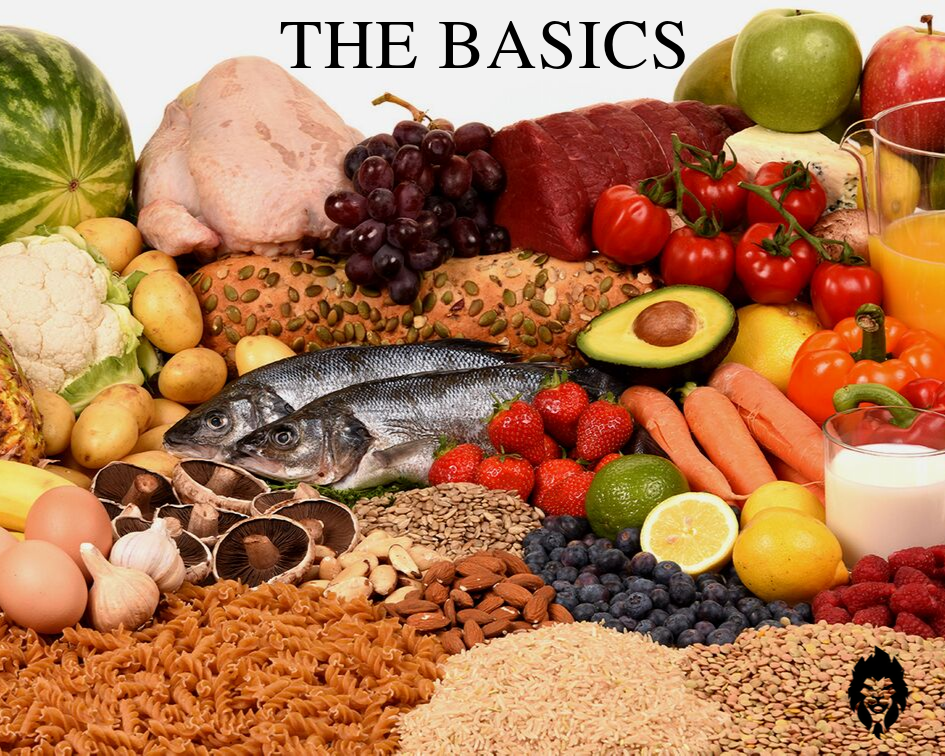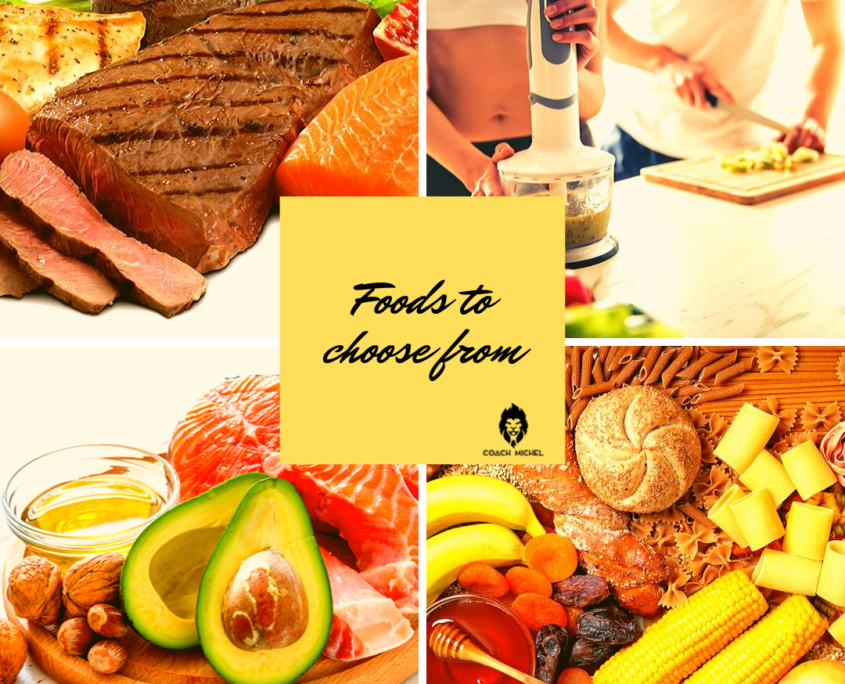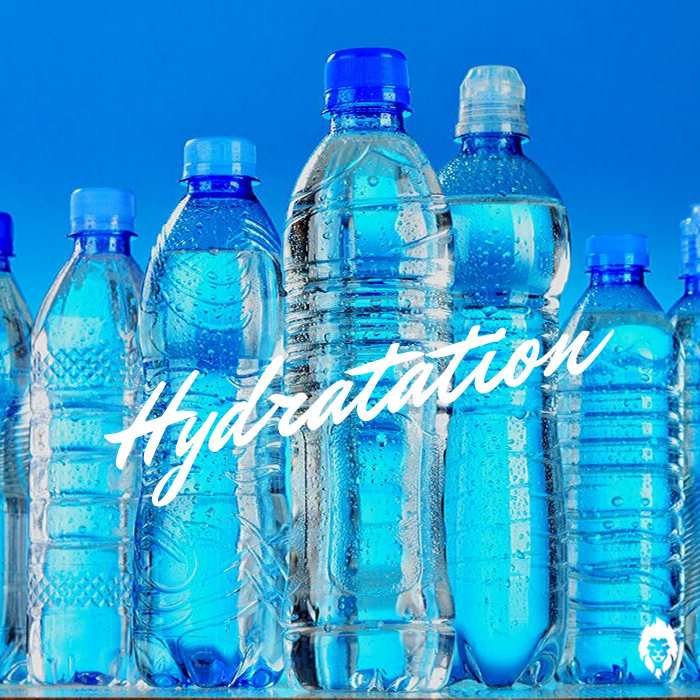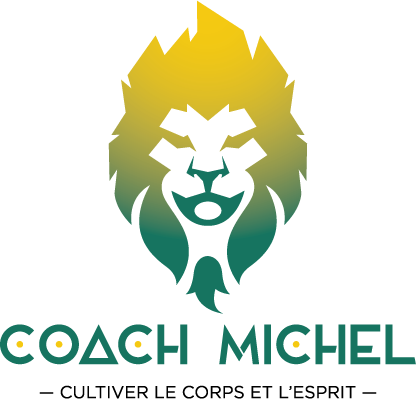How to have a good diet, sports nutrition ?

Sports nutrition.
The body needs the right nutrients during sport. If one of them is missing, performance will be less effective with the risk of injury, and recovery will be difficult.
However, it is not only necessary to eat to support efforts, sports nutrition also depends on practice.
In any case, for the body to function properly during intense physical activity, a healthy, varied and balanced diet that meets the needs of carbohydrates, protein, minerals and fat is always required.
The basics of a good diet
Each food includes macronutrients (fats, carbohydrates and proteins) and micronutrients (antioxidants, fibre, vitamins, minerals and trace elements). Each of its components plays an important role in the functioning of the organization. Proteins are the building blocks of the body, and they are very useful for athletes practicing weight training.
Proteins cover 10 to 15% of the daily food intake. Carbohydrates provide energy for intense efforts and classes as well as for sports activities. They must cover 50 to 55% of the daily food intake.
Lipids have an important energy role, and they must cover 30 to 35% of the daily food intake. While a balanced distribution of carbohydrates, proteins and fats is important for a good sports diet, micronutrients are not to be outdone.
They are useful for the proper functioning of organs because of their role in protecting the body. Micronutrients cannot be produced by the body and must be provided by a quality diet. All this is essential for good nutrition and better physical condition.


Foods to choose from
At the top of the list for good nutrition is spirulina, which is the algae of athletes. With its excellent protein content, it is appreciated for gaining muscle mass, but it is also very important for oxygenating muscles. Then there is egg white, the first food of the muscle since it is the best source of protein before beef and chicken.
These proteins are ideal for maintaining tissue substance and for rapid muscle mass building. Quinoa replaces pasta, and is perfect for athletes deficient in a distorted or inappropriate diet who want to get back in shape and have more stamina. Honey should also be consumed regularly as it protects against hypoglycemia.
It is low in sucrose, but rich in fructose and carbohydrates. Athletes should also consume garlic to lower blood pressure and maintain blood flow. Note that seasonal vegetables and fruits grown according to organic farming standards are preferable to processed products from the agri-food industry.
The importance of good hydration
The athlete’s enemy is dehydration as it is responsible for a significant loss of muscle capacity. Water accounts for about 65% of the body’s weight. Good hydration during sport is necessary to recover well, to prevent the risk of injury, to regulate body temperature and to push back the threshold of physical fatigue.
Water also compensates for losses of trace elements and minerals through perspiration while helping the body eliminate metabolic waste products from the kidneys. Tea with its antioxidant and nutritional properties is also crucial in sports nutrition.
Indeed, it is very effective against intense physical exertion. Last but not least, dietary supplements are not necessary for both top and middle level athletes as the objective is to keep fit.


